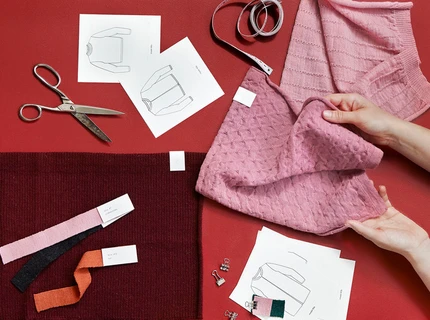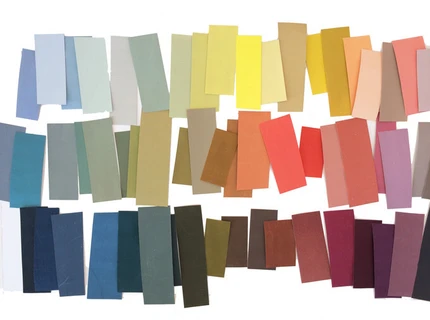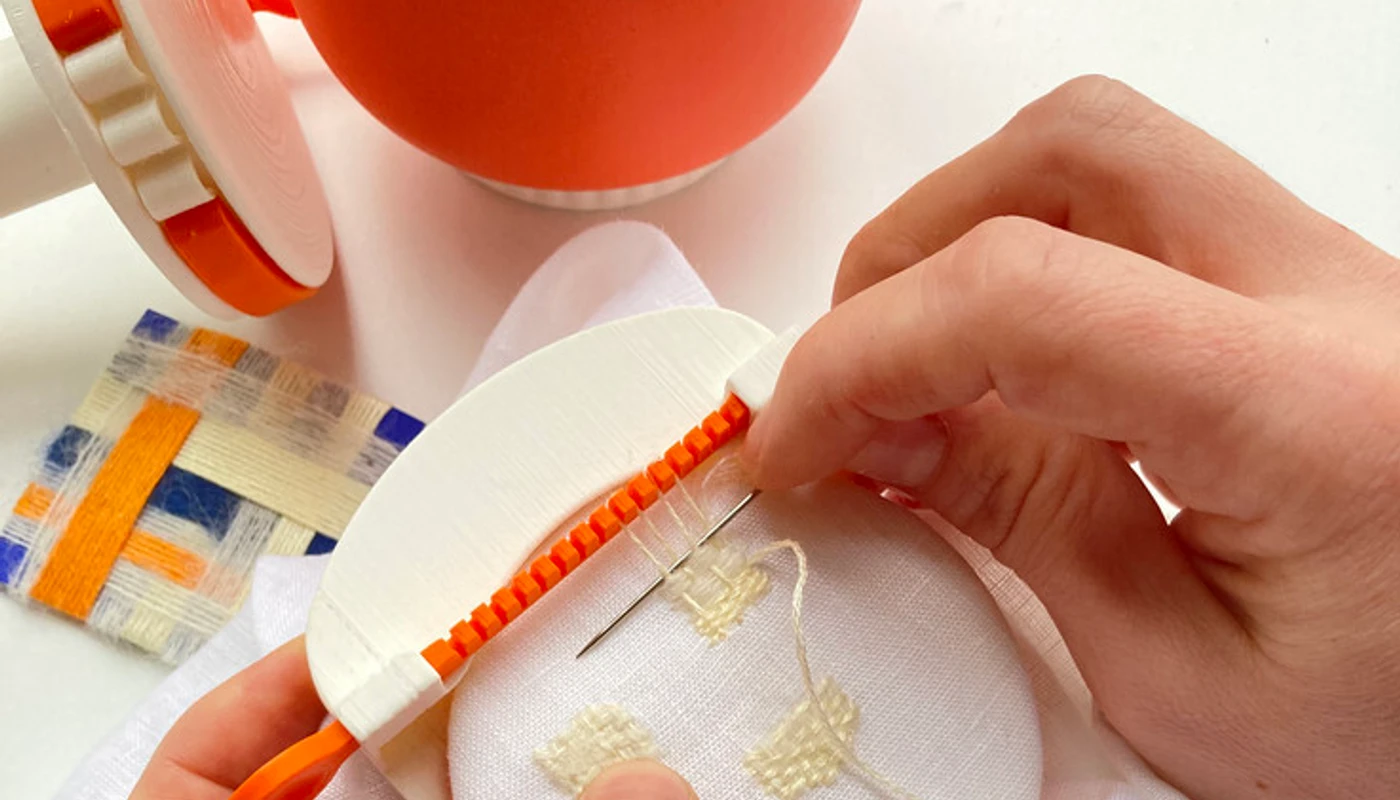
Designing Engagements with Mending – An exploration of amateur clothing repair practices in Western and post-Soviet contexts.
- PhD student
-
Iryna Kucher
- Project period
- 2020 - 2024
- Defense date
- 08 Apr 2024
- Main supervisor
- Ulla Ræbild
- LAB
- Sustainability and Design
- LAB theme
- Everyday Life
- Assessment committee
- Professor Ingun Grimstad Klepp, Consumption Institute Norway, Oslo Metropolitan University, Associate Professor & Senior Researcher Olga Gurova, Laurea University of Applied Sciences, Helsinki, Finland, Associate Professor Vibeke Riisberg, Design School Kolding
About
To address the first research aim—to understand how mending practices are conceptualised in Western and post-Soviet contexts—Iryna explored how the old connotations of mending practices were shaken off and how they started to change from necessity to conscious consumption, from the interstices of domestic life to the public sphere, from rigour to imperfection, and from invisibility to cultural visibility. To get a nuanced understanding of different cultures of clothing repair, she examined how a broader set of clothing consumption patterns of four groups of study participants affect their mending practices. Iryna concluded that although the Western participants of this study associate mending with creativity and sustainability, within the broader Western context, new mending meanings reside alongside the old ones. In contrast, in the post-Soviet world, mending meanings have not changed, and clothing repair practices are still associated with necessity. These different conceptualisations of mending are reflected by different approaches to clothing repair.
To address the second research aim—to understand what material elements facilitate the enactment of mending practices—Iryna explored how material elements of mending practices have evolved over time in Western and (post)-Soviet societies, from basic mending devices such as needles to digitally fabricated tools, from school education to online learning of clothing repair, and from culturally invisible to visible mending services. She did so by examining the material-practice relations and by illustrating the different roles that materials play in practice. Iryna concluded that although some material elements (i.e. repair devices and materials) remained relatively stable, the repair infrastructures constituted by repair services and repair education have changed. Today, they are not entirely efficient either in the Western context or in the post-Soviet context. Even so, their examination allowed me to understand what an efficient repair infrastructure should comprise and how different difficulty levels of clothing repair can be distributed among amateur and professional menders.
To address the third research aim—to understand what competences are employed when mending practices are enacted and what contributes to successful clothing repair—Iryna explored which processes and competences are involved in seamless, discreet, and expressive approaches to mending. To explore expressive approach to repair, she developed a strategy which merges design and mending processes; it guided the participants through the main stages of their expressive mending projects. Iryna concluded that firstly, expressive mending competences should be built upon the competences of traditional mending; secondly, that design iterative processes could prepare the novice menders to deal with the complexity of this mending approach; and thirdly, that mending resources, linking mending to design and sustainability, can facilitate mending explorations and contribute to conceptualising mending as a practice intertwined with creativity and sustainability, extending the range of possible slow fashion practices in which the mender can participate.
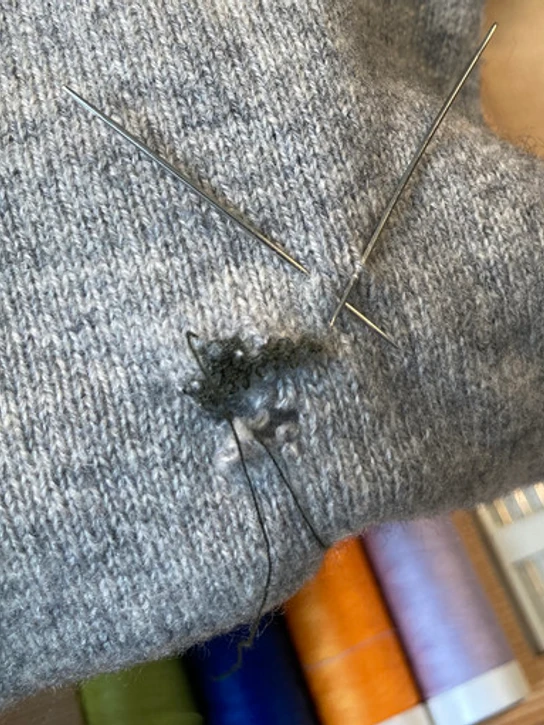
Participants’ exploration of mending practice.
Methods
Driven by the idea that the larger 'barrier' to mending could be linked to a general lack of systemic provisions needed to support the practices of clothing repair, through the lens of practice theory, which sees practices as linked to larger social and material structures where context and practice are co-constituted (Shove et al., 2012), and by adopting a bricolage methodology, which combines wardrobe studies (Fletcher and Klepp, 2017) and participatory textile making (Shercliff and Twigger Holroyd, 2020), Iryna Kucher carried out a comparative qualitative study involving a group of participants from Denmark (to represent the Western perspective on clothing repair) and Ukraine (to represent the (post)-Soviet context), and specified three aims of the study.
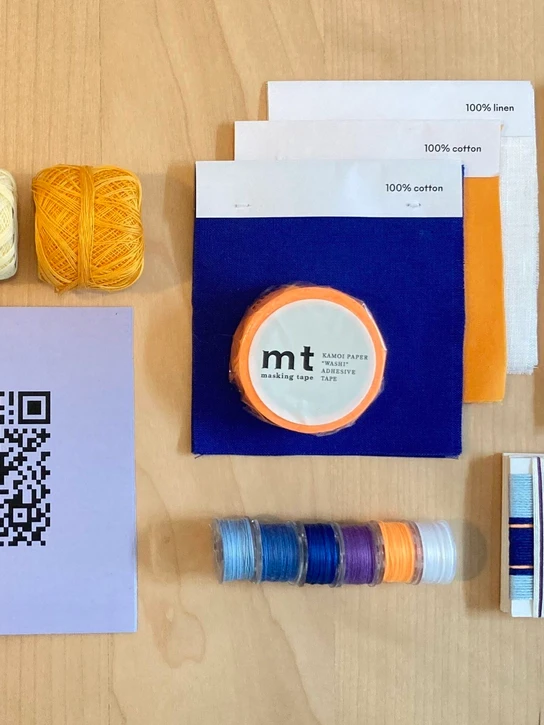
Materials selection.

Participants’ exploration of mending practice.
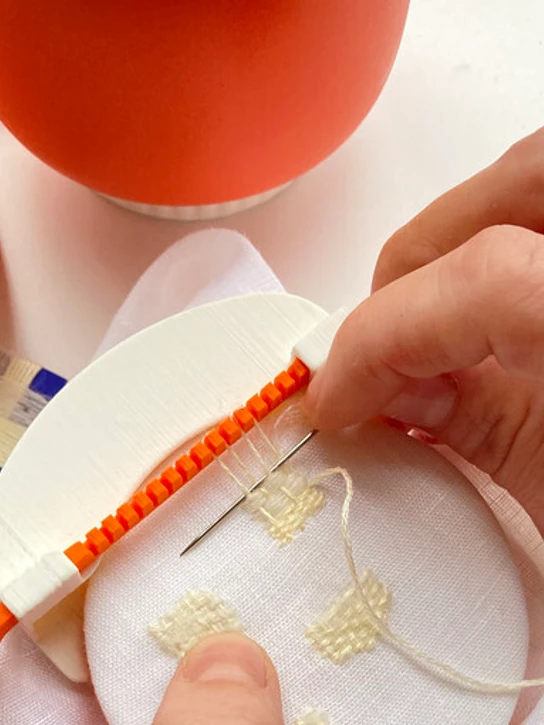

Participants project.
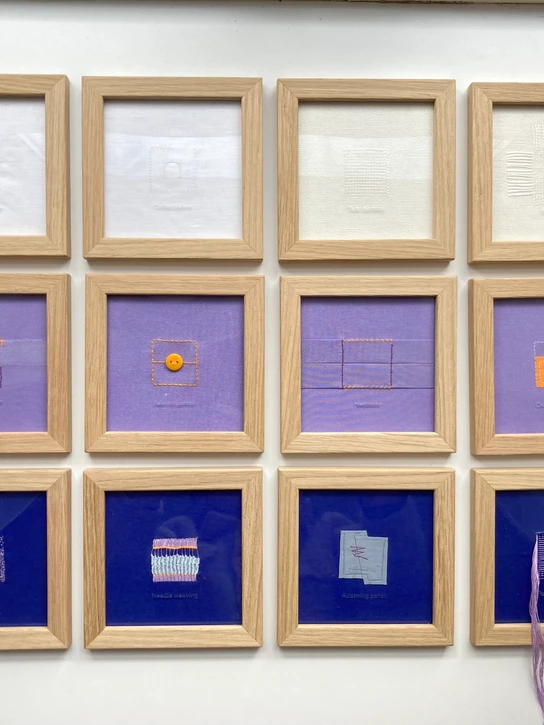
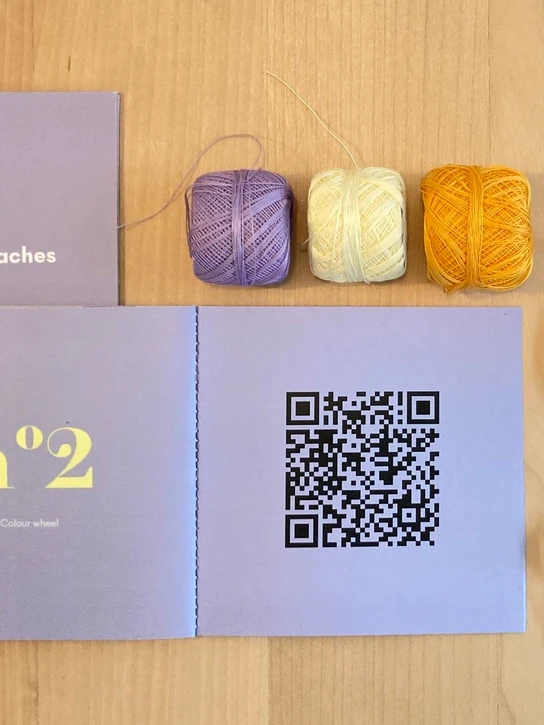

Materials selection.
Outcome
The overall study allowed Kucher to unravel the differences between mending practices in space and time in two different contexts, provided an understanding of the complex interplay of different practice elements and their impact on the practice under study, and helped to identify mending resources that can enable clothing repair. Among the main findings of this PhD study are the nuanced understanding of different cultures of clothing repair in Western and post-Soviet contexts; categorisations of clothing repair and its differentiation from other mending-related practices; the processes and competences required for enactment of mending; and the repair infrastructure, comprising repair services and clothing repair education, which allow for labour division between amateurs and professionals and access to repair knowledge and services for all.

Participants project.
